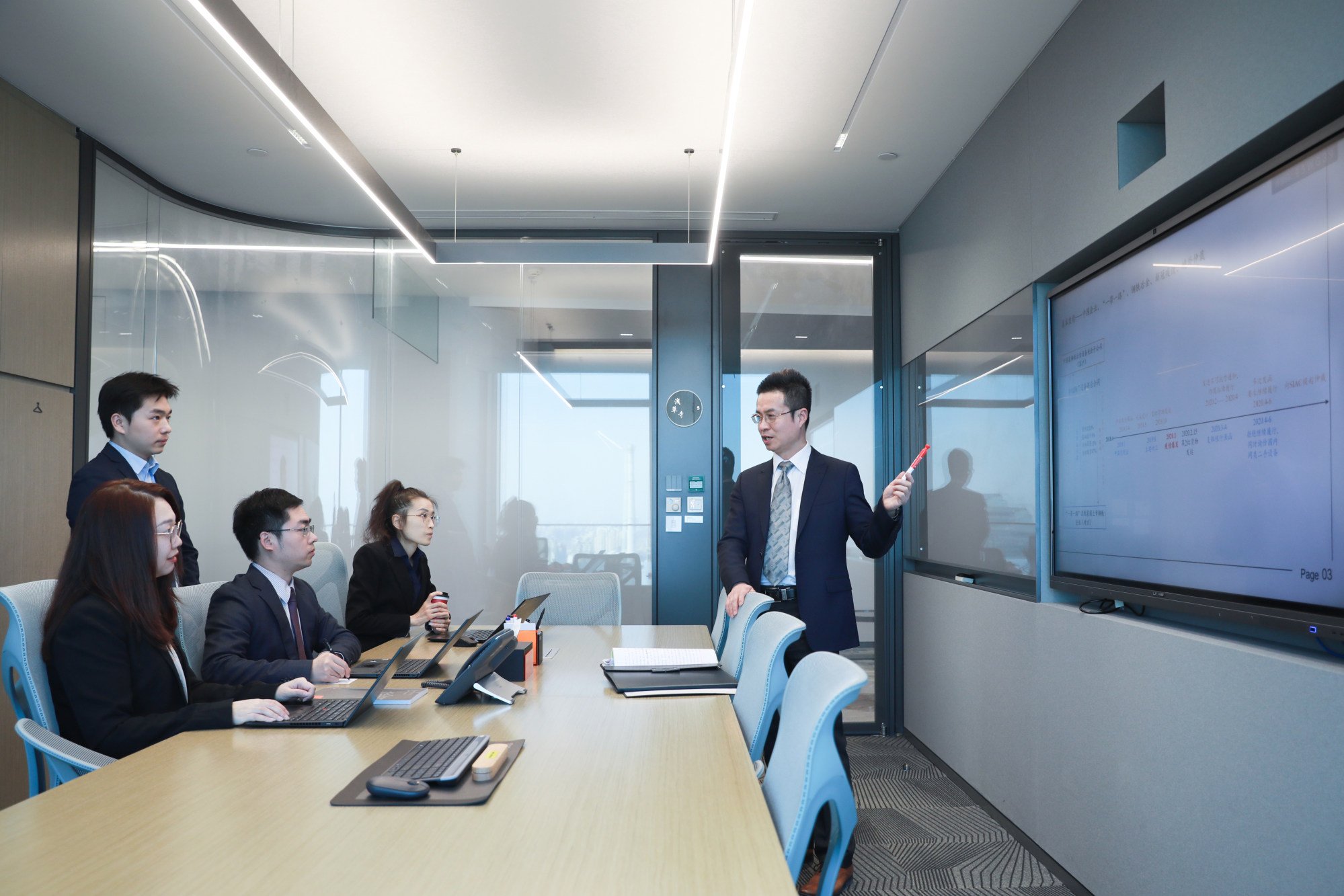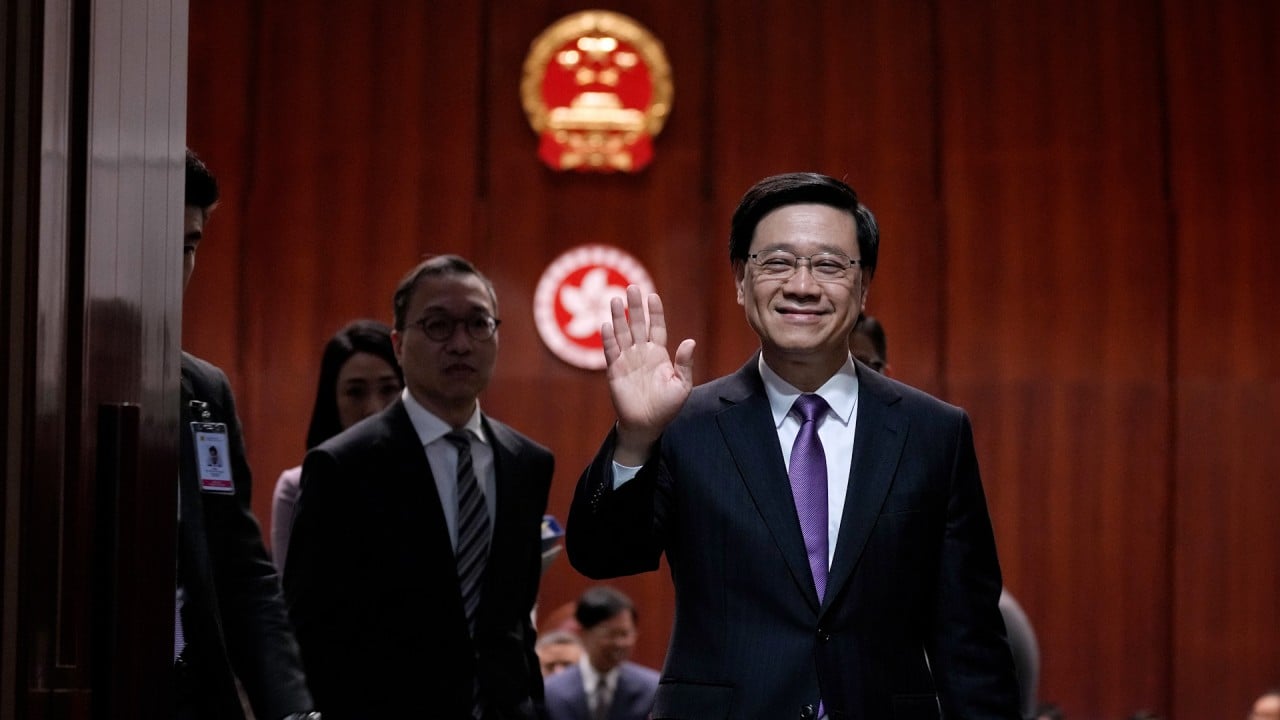
China is running a full-court press for global arbitration clients. What’s the verdict so far?
- China is billing its large cities as up-and-coming spots to host disputes through arbitration, but international interest is still low
- Analysts say a more developed system is needed to assuage concerns from global firms and catch up to venues like Singapore
After two years of hard work, Beijing-based lawyer Wilson Wei Huo had cause for celebration. His team had won an arbitration case earlier this year – a rare victory for a firm in mainland China – representing a domestic enterprise in an overseas dispute.
Declining to reveal details of the case, Huo said that it features many of the risks and challenges businesses from the mainland may face when taking part in the initiative, China’s global infrastructure strategy with a focus on projects in the developing world.
Victories like Huo’s are highly sought after by Chinese enterprises operating overseas, with demand for international commercial arbitration growing concurrently with their activities abroad.
A single legal dispute could ruin your entire deal … Your reputation in the overseas market or your entire investment could be lost
The growing number of Chinese applicants will have a wider impact on international arbitration destinations in the future, legal experts said, as those companies want institutions that are familiar with their homeland’s legal and commercial culture.
“Many of our local small and medium-sized enterprises have started to go global and encountered disputes,” said Joey Zhou, a female entrepreneur from Hunan province who sells grain and oil machinery in Southeast Asia and the US. “A single legal dispute could ruin your entire deal. Your reputation in the overseas market or your entire investment could be lost.”

Those businesses have had difficulties in finding an appropriate institution to service their needs, according to recent surveys and legal scholars.
A 2022 report by the China International Economic and Trade Arbitration Commission (CIETAC) revealed nearly 60 per cent of surveyed respondents had disputes in Southeast Asia, half in Hong Kong, Macau and Taiwan, 40 per cent in Europe and North America and 30 per cent in Africa.
Quarrels over contracts for construction and the purchase and sale of goods were the most common categories among these disagreements, the report said, and up to 86 per cent of surveyed enterprises indicated they would choose arbitration as a means of dispute resolution in their overseas operations.
According to the report, it is difficult for Chinese enterprises to choose a domestic or otherwise familiar institution for international arbitration. Insufficient global competitiveness and credibility – and a shortage of expertise – have limited the utility of the few options available.
Over the past two decades, several international regional arbitration hubs have emerged in Asia, said Wang Jiangyu, director of the Centre for Chinese and Comparative Law at City University of Hong Kong.
Most ‘international’ disputes are just Chinese companies versus Chinese-funded overseas companies
China’s major arbitration institutions – particularly those in Beijing, Shanghai and Shenzhen – are gaining recognition as more disputes involve Chinese companies and capital, Wang said. But, he added, they still lack global presence, a core feature of an international arbitration hub.
“Their international trust and influence are still insufficient,” he said. “Few overseas enterprises voluntarily submit their disputes to Chinese arbitration institutions. Most ‘international’ disputes are just Chinese companies versus Chinese-funded overseas companies.”
China’s top court launches new database of verdicts amid transparency fears
He said arbitration in China follows several international conventions and makes it easier to align international and local laws, as well as resolve contradictions in existing laws and regulations.
“Therefore, whenever they can, foreign executives choose arbitration locations outside China such as Singapore,” he said.
Based on their data from 2022, four major arbitration institutions – the CIETAC, the SHIAC, the Beijing Arbitration Commission (BAC) and the Shenzhen Court of International Arbitration (SCIA) – saw a steady increase in the number of cases handled between parties across borders or under the auspices of international laws.
In terms of total foreign-related case counts, CIETAC topped the list with 642 cases, followed by SCIA with 384 cases, BAC with 221 cases and SHIAC with 196 cases. Hong Kong law and the United Nations Convention on Contracts for the International Sale of Goods remain the extraterritorial laws applied by the largest number of parties, per the data.
In comparison, the Singapore International Arbitration Centre (SIAC) received 357 new case filings in 2022, with about 88 per cent international in nature. India, the US and China remained the most common countries of origin for the centre’s clientele.
China’s major arbitration institutions still have a long way to go in building international trust, according to industry insiders.
You may run afoul of national or local interests, or possess desirable technology, or face unpredictable policy changes … and then what your contract says won’t matter much
“First of all, language is a big issue,” said Wang of City University of Hong Kong. “Second is the applicable law, as the dominant international arbitration framework is aligned with common law. As a whole, [domestic operators] – except for a few individuals – are not very familiar with international business matters, and it is difficult to win the trust of the other party.”
Politics can also complicate matters. “Chinese lawyers call this the 90 vs 10 per cent rule,” said Matias Oteo Johansson, China business consultant at Holosyn, a Swedish company that sources products and companies from China’s manufacturing ecosystem. “In 90 per cent of cases, Chinese contract law will uphold a correctly crafted contract in Chinese, particularly if your business is in an area that is of no political interest.”
Hong Kong has long been Asia’s largest international arbitration centre, covering areas like trade, investment and stock listings, and many companies that have no involvement in the region are willing to submit their disputes to Hong Kong for arbitration, Wang said.
“However, the problem with Hong Kong is over the past 10 years, it has been rapidly overtaken by Singapore … in developing arbitration as an emerging industry,” he said. “Geopolitical factors have also prompted some international companies to reconsider settling disputes in Hong Kong.”
A total of 344 cases were submitted to the Hong Kong International Arbitration Centre (HKIAC) in 2022. Of those cases, 83.1 per cent were international in nature – meaning at least one party was not from Hong Kong – while 32 per cent involved no Hong Kong parties and 5.8 per cent involved no Asian parties. During the same period, 48.3 per cent of HKIAC cases had no parties from mainland China, and 17.7 per cent involved no disputants from Hong Kong nor the mainland.
More Chinese companies are opting for international arbitration institutions close to home, said Huo, the Beijing-based lawyer and arbitrator, but catching up to international peers still requires a great deal of work for institutions on the mainland. They must focus on improving existing rules and mechanisms, he said, while also strengthening international exchanges.
The key to forging an international arbitration hub lies in the willingness of end users to choose an area’s institutions, Huo said.
“There should be much more support from the legislature, national and local governments as well as the judiciary, to create a more arbitration-friendly legal environment,” he added. “For instance, if legally allowed, courts should safeguard arbitration agreements and awards, and rarely invalidate them. The participation of legal practitioners in the drafting, discussion and formulation of laws and rules is also essential.”
[Foreign companies] judge the efficacy of any system within China on its actions, not on what it says
Legal advice also plays a role, and lawyers must be well-versed in arbitration rules both inside and outside the home country to be reliable agents, Huo said. They also must be familiar with the enforcement of awards or damages through arbitration, as firms have become more aware of the process as a viable alternative to litigation.
“[Foreign companies] judge the efficacy of any system within China on its actions, not on what it says,” he said. “I would like to see a greater separation from national security legislation and the state, as it is still vulnerable to abuse or manipulation.”




